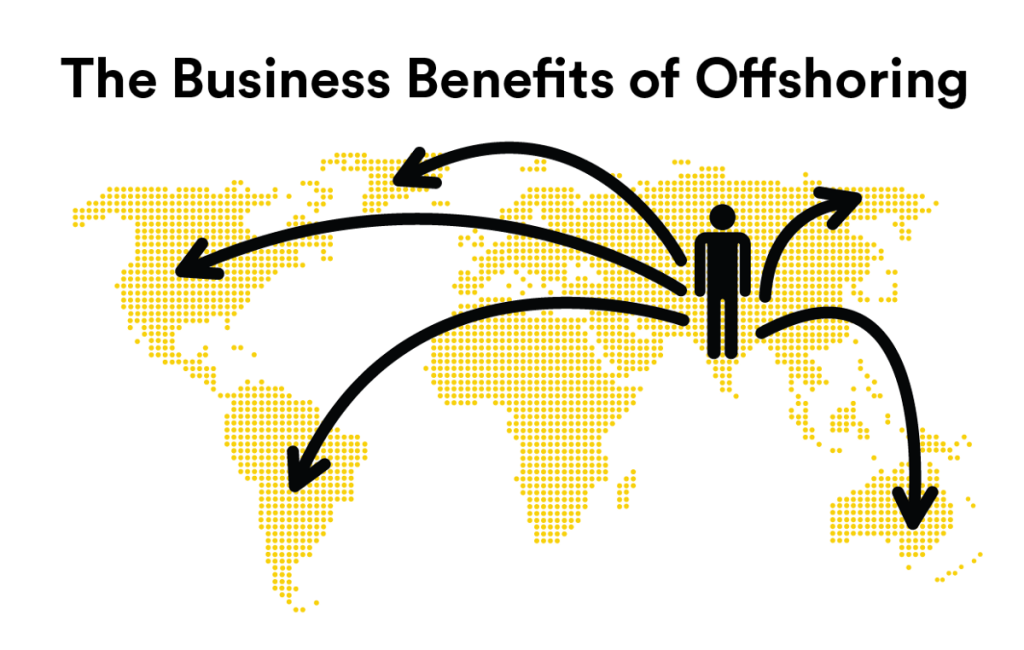Generally speaking, an offshoring company is a company that has moved part or all of its business process to a foreign location. It may also be a company that has established a presence in a foreign country. A company may offshore through an outsourcing arrangement with a third party, or through an international business corporation. Generally speaking, companies that have offshored can reduce costs by accessing lower-cost labor. A company may also have the opportunity to expand its business to the rest of the world.
Amazing Benefits of Offshoring
Offshoring may be a useful tool for companies looking to boost their profits. The cheapest labor in the world is often found in developing nations. In addition, many developing nations offer incentives for foreign direct investment. Companies may be able to save money on payroll, after-hours services, and other operating costs by engaging an offshore accountant service provider. They may also have access to exceptional talent at a reasonable cost.
Offshoring can also help companies streamline their processes. In the case of a call center, for instance, many companies have moved from high-wage countries to low-wage ones. The same goes for product design, as many companies have moved it abroad. When a company decides to offshore, the first thing it must do is to map out its key details. This is essential to a successful program.

The most obvious benefit of offshoring is the reduction in labor costs. It may also be a good idea to outsource certain processes, as it will free up more capital for capital investments. It also provides the company with the opportunity to focus on core business activities.
Ideally, the software will store the data on the cloud, so it can be retrieved at any time. A company should also assess its objectives and goals before deciding whether or not to offshore. A company that is in a growth phase may want to expand globally, but a company that is in the midst of an impending downturn may not be the best candidate. Using a third party to handle the offshore operation may be the most cost-effective approach since the company can concentrate on a few core areas of expertise. Using a third party for offshore operations also allows companies to save on travel costs.
Using specialized software to manage projects can also be a good idea. This will help streamline communication between the offshore team and the domestic one. If the company uses the right software, it will even automatically process payroll.
However, offshoring can be a costly venture, so companies need to be sure to do their homework before they make the move. There are many other ways to offshoring, from outsourcing services to setting up a global in-house center. The company may also be able to sell the entire operation to another company if the cost of doing business is too high.

Conclusion
The best part of offshoring is that it can help companies streamline processes, boost revenues, and decrease overall operating expenses. When done properly, it can also benefit the company and its employees.